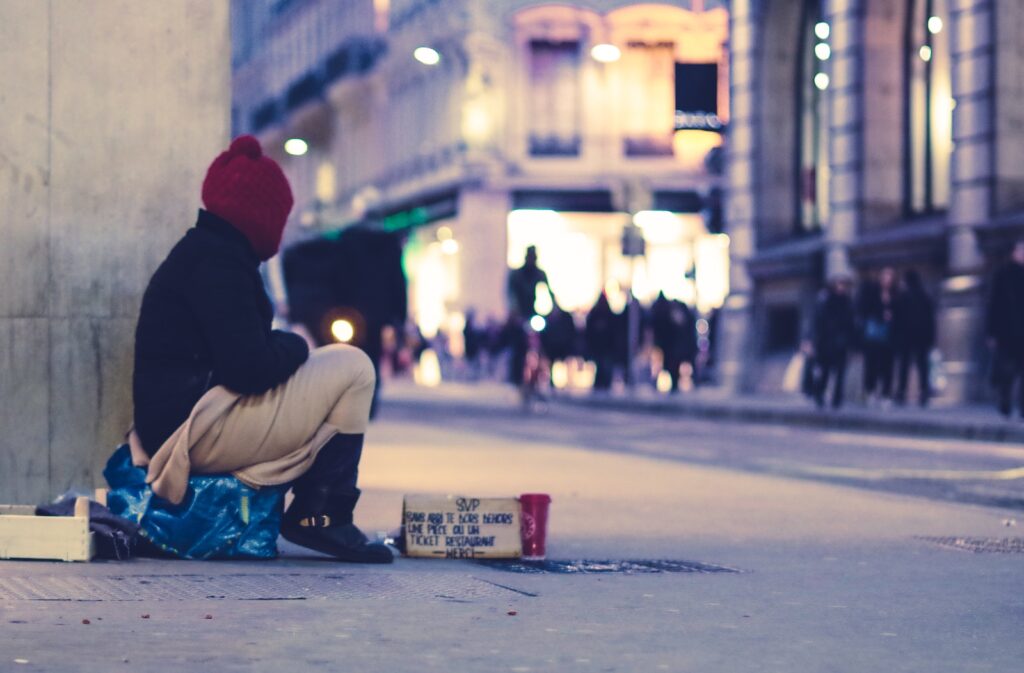
bankruptcy!! Bankruptcy in media such as Korean dramas and movies is often depicted as a complete financial breakdown, literally sitting on the street, or with red foreclosure stickers attached to all items in the house, so most people think of these images.
Rather, bankruptcy in the United States has traditionally been aimed at providing a financial fresh start for people who are unable to repay their debts relative to their assets or income. Chapter 7 and Chapter 13 bankruptcies apply to individual or small business debtors.
Chapter 7 is so called because it is a bankruptcy clause corresponding to Chapter 7 of the U.S. Bankruptcy Code. This Chapter 7 bankruptcy is a type of bankruptcy in which you sell all your property and pay off all your debts if you have little to no chance of repaying your debts.
Chapter 13 is a system that favors debtors with a fixed income and debt below a certain level. If a 3-5 year debt repayment plan is approved by the court and payment of the set debt is completed, the remaining debt can be forgiven. We will go into more detail in the next column.
So Chapter 7 says all property is disposed of, so do we really need to get out of the way? A question may arise. In principle, a bankruptcy administrator appointed by the court sells the debtor’s assets to the creditors to pay off the debt first and write off the excess debt. But as I said before, the fundamental goal of bankruptcy is a fresh start. Can we make a fresh start if we get rid of even the basic assets we need for our lives?
Therefore, property essential to living is exempt. In New Jersey, houses are not allowed, but cars, furniture, and clothing under a certain amount are exempt. On the other hand, in New York State, homes and cars under a certain amount, as well as furniture and clothing, can be exempted. New York State exempts homes from $82,775 to $165,500, depending on location.
This amount is the net worth of the sale minus debt such as loans. For example, if you own a $1000,000 house in Brooklyn and your debt is $700,000, your net worth is $300,000. These homes are not exempt, but if a couple holds both titles and files for bankruptcy together, the individual’s net worth would be half that amount of $150,000, so the home they live in would be exempt, although it would require prerequisites. So, your other unsecured debt is forgiven, and you can continue to live on your home while paying off your loan. If it exceeds $165,500, the house will be foreclosed on and auctioned off to creditors to pay off the debt. Other exemptions, such as cash and pension, will be covered in more detail in another column.
The purpose of bankruptcy is to bail out, but doing well in bankruptcy also requires strategy. In order to accurately determine your assets, liabilities and bankruptcy, you should consult an experienced and competent bankruptcy attorney. If you have any questions about bankruptcy, please contact us at mail@songlawfirm.com.
